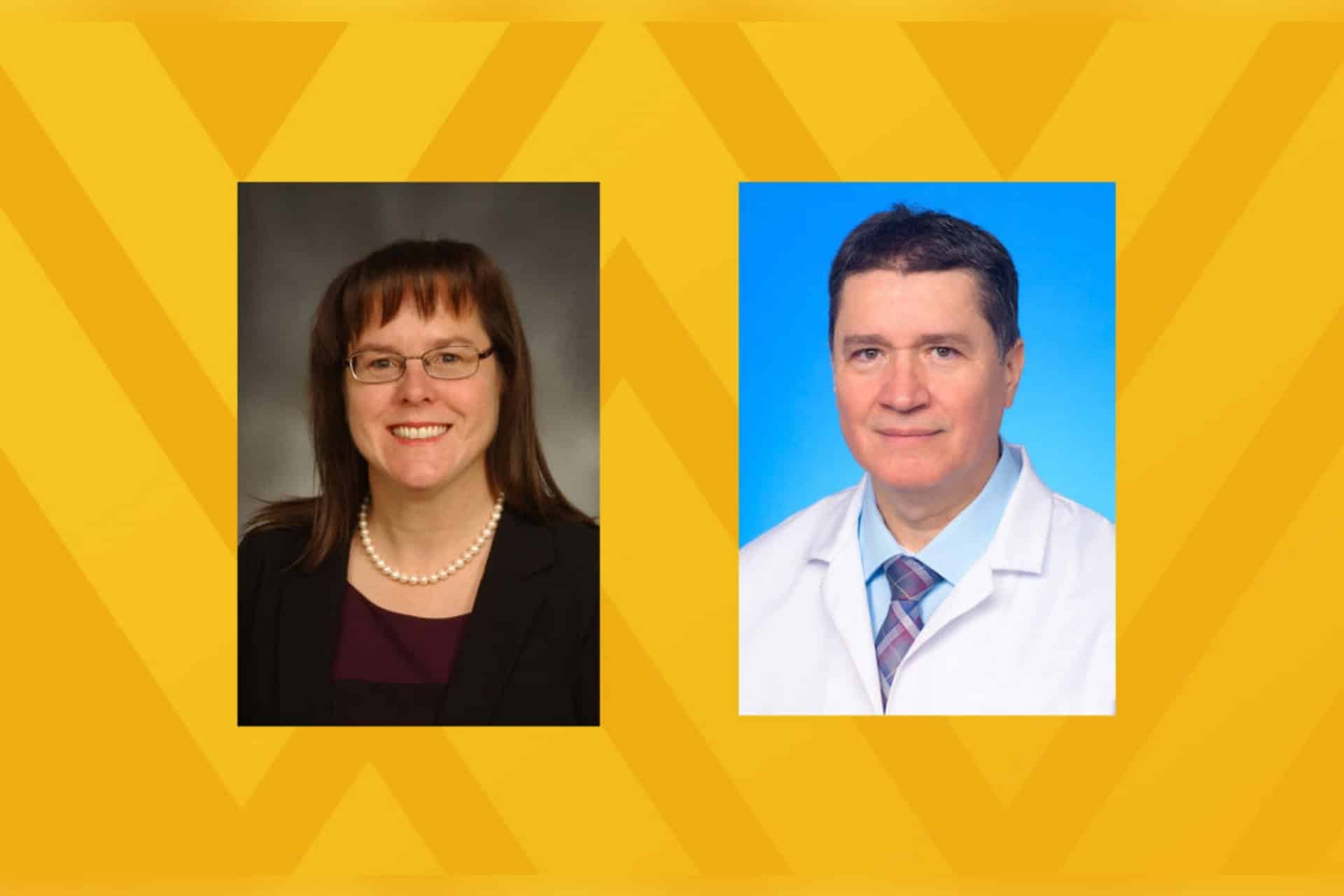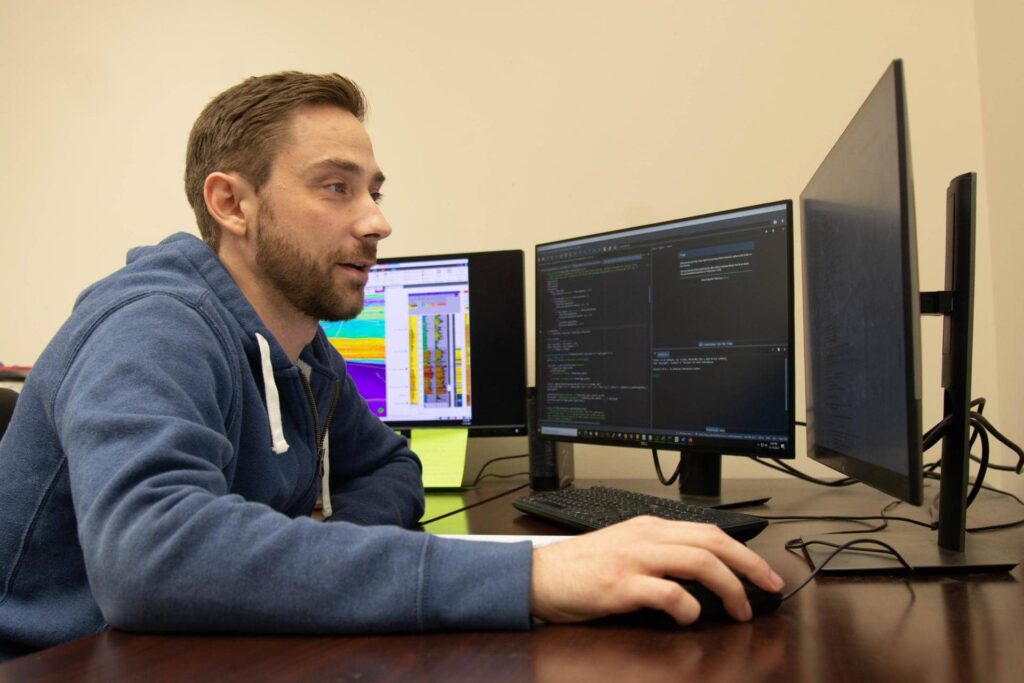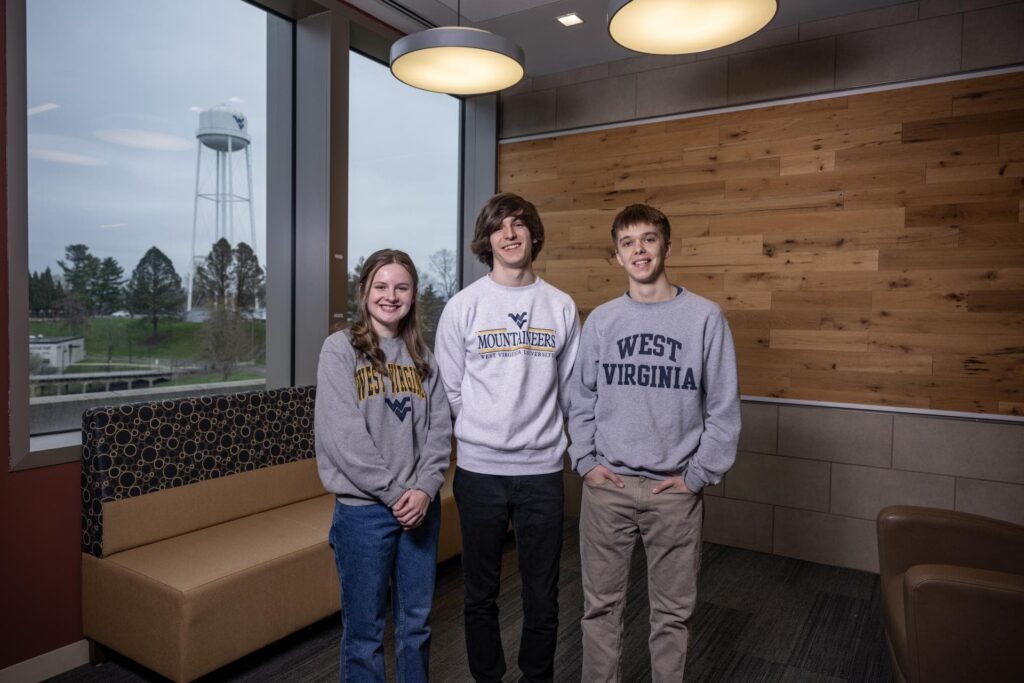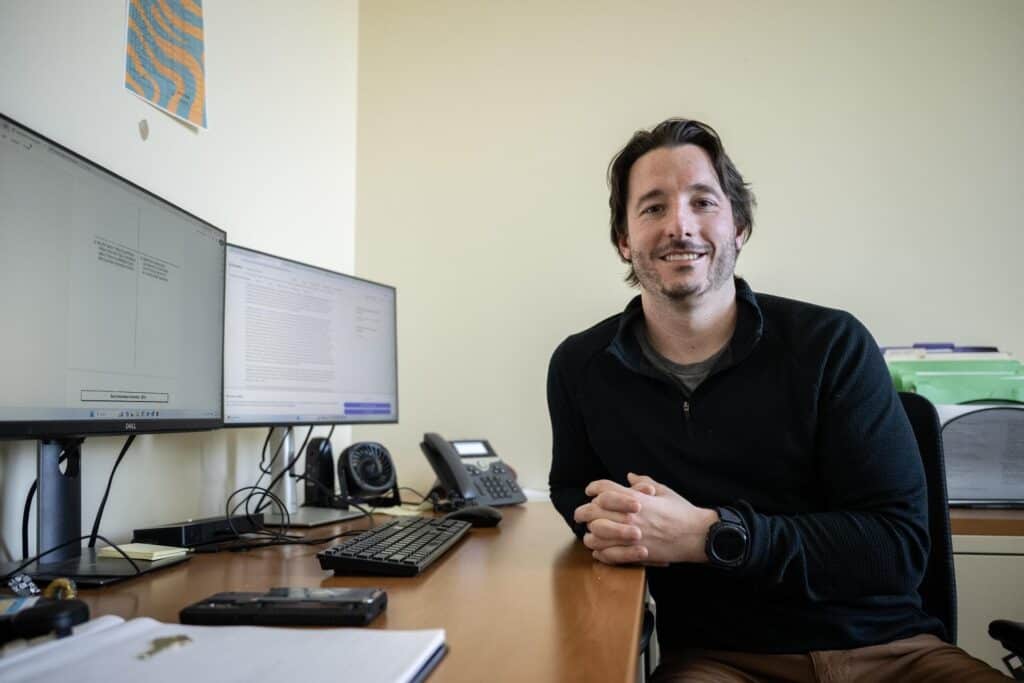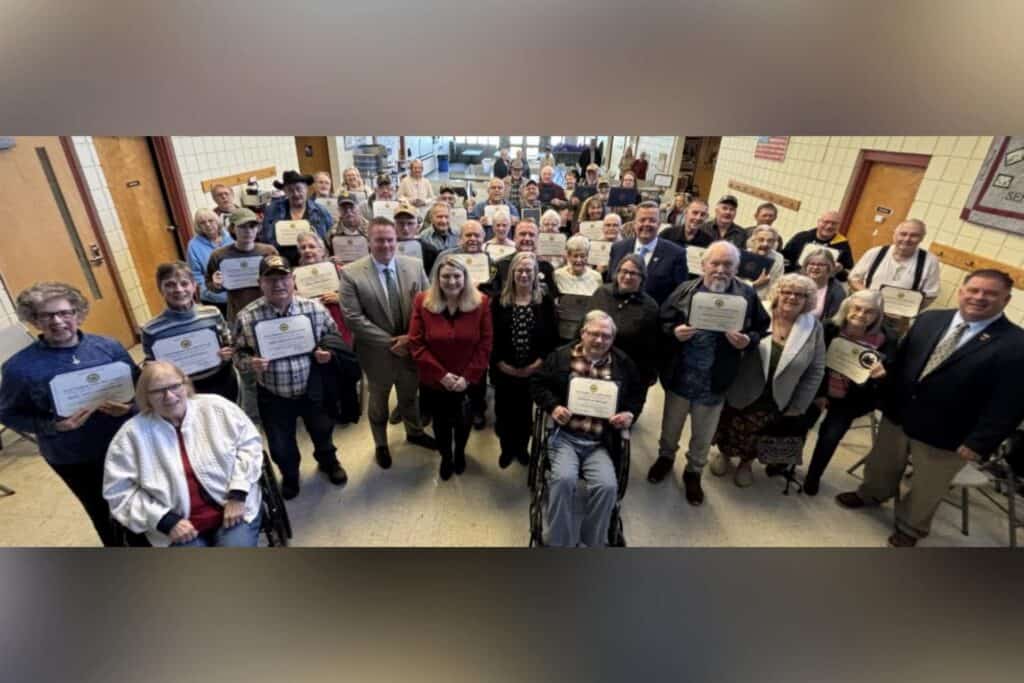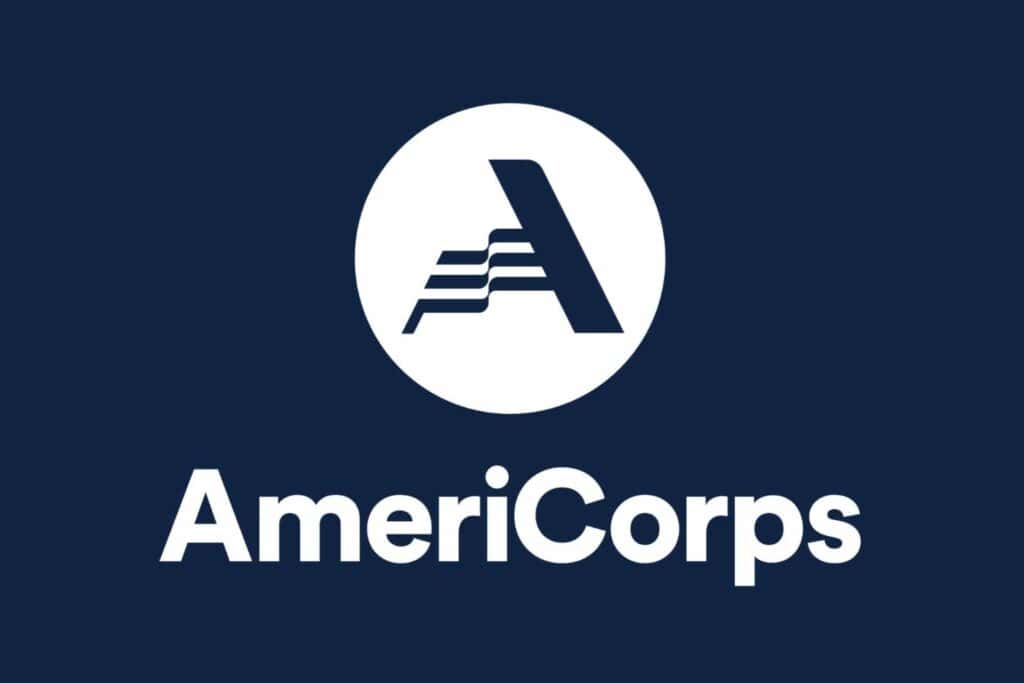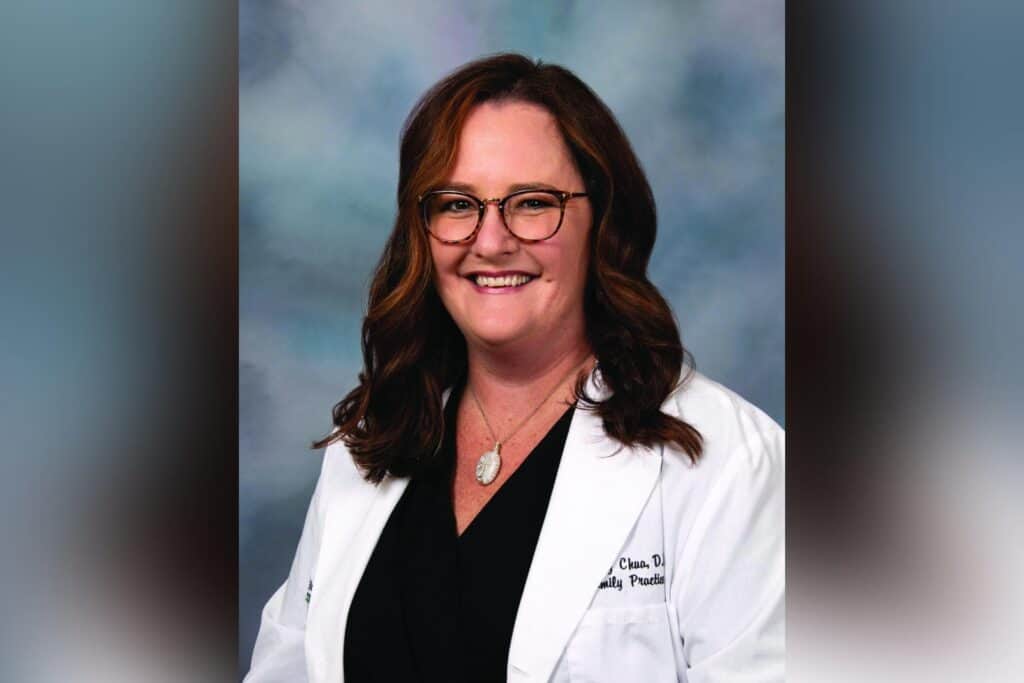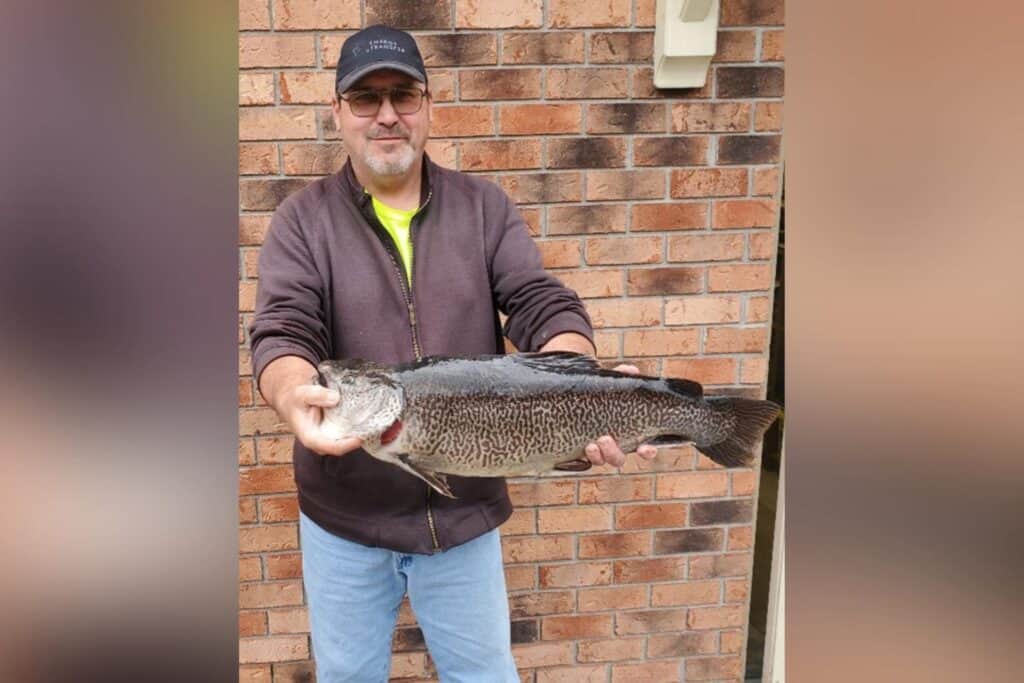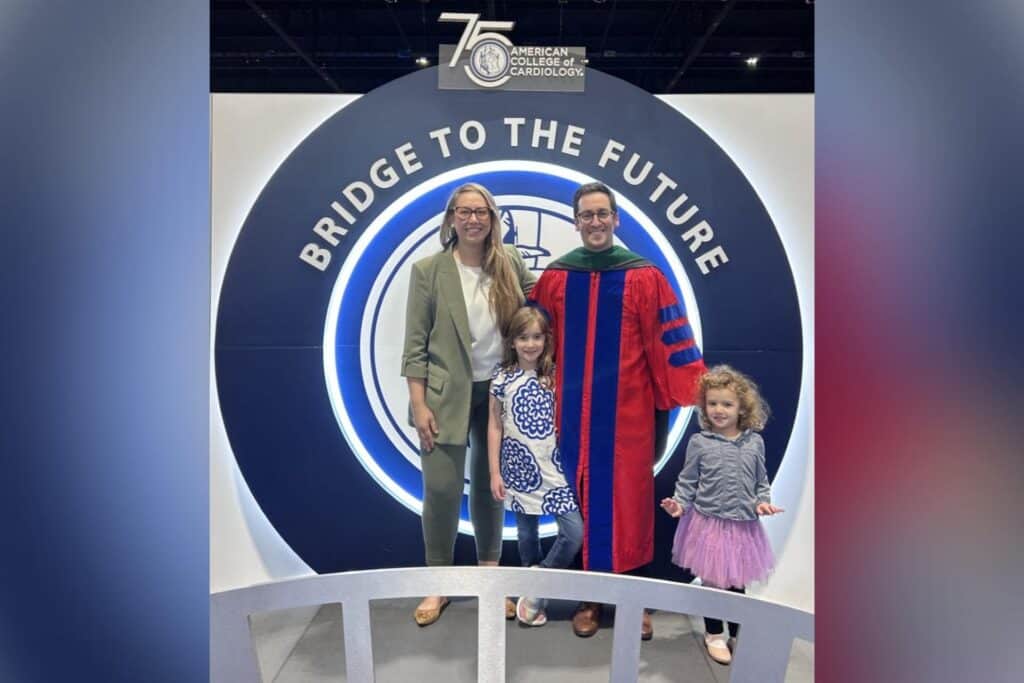MORGANTOWN — Surgeons at WVU Medicine have helped a man return to his family after a severe motor vehicle accident.
The patient, traveling with others in Maryland, suffered a traumatic brain injury and internal abdominal injuries in the crash. He was airlifted to WVU Medicine J.W. Ruby Memorial Hospital for treatment.
“When he arrived here, he had multiple life-threatening injuries and was in profound shock from the blood loss,” said Dr. Alison Wilson, executive chair of the WVU Critical Care and Trauma Institute. “Our priority was to stop the bleeding in his abdomen and get him to the operating room to manage his head injury.”
The patient’s intestines were separated due to the abdominal trauma. Over a series of surgeries, the surgeons successfully reattached them.
Dr. Wilson explained that the severe shock increased the risk of complications like infection and poor healing. “That degree of injury depletes the body’s nutrition and immune system,” she said. To manage this, the wound was kept open to prevent drainage into the abdomen, allowing the body to recover before more procedures were performed.
Patients often need to wait eight months to a year for scar tissue to soften before surgeons can perform complete repairs without causing additional damage. During this period, patients receive total parenteral nutrition intravenously since consuming food can lead to further intestinal leakage and a higher risk of infection.
Dr. Guilherme Costa, WVU Cancer Institute surgical oncologist, joined WVU Medicine in September 2023 and took on the patient’s case. Coordinating with his doctors, Dr. Costa performed the surgical repair of the intestine.
“The trauma surgeons did exactly what they needed to do to increase his chances of survival,” Costa said. The priority was managing the head injury to ensure survival. Once resolved, they closed his intestine and abdomen, enabling the patient to eat and heal effectively.
After a month of recovery, including physical therapy and the gradual reintroduction of food, the patient was discharged to recover at home with his family.
“I’m very grateful to the nurses and doctors here,” the patient said. “They’ve treated me like family and made sure I have everything I need to go home.”
For more information on WVU Medicine, visit WVUMedicine.org.

